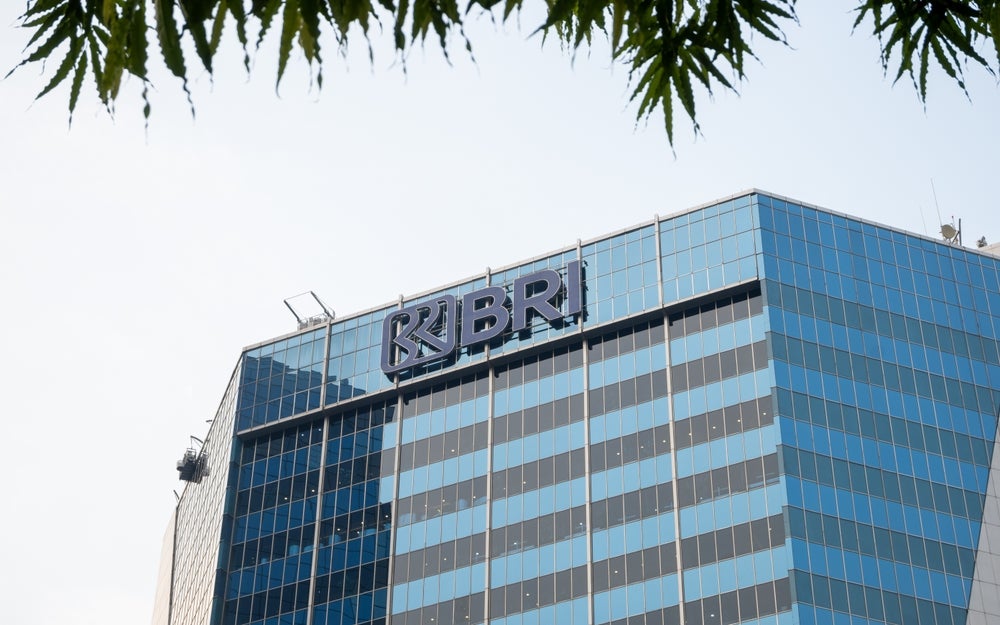
Bank Rakyat Indonesia (BRI) is highlighting the importance of customer awareness and is providing massive education to its customers.
Education to customers is carried out through various official bank platforms, both through social media and mass media. BRI made a short film entitled “Bilang Aja Gak!” (Just Say No!) which is aired on the company’s social media platforms.

Access deeper industry intelligence
Experience unmatched clarity with a single platform that combines unique data, AI, and human expertise.
Besides on social media platforms, BRI also shared tips on safe transactions in mass media. BRI also conducts direct education to customers via email, WhatsApp and also through alerts on its mobile banking channel.
In response to the evolving cyber landscape, BRI has implemented a holistic strategy encompassing people, procedure, and technology. On the personnel front, BRI has established a specialised Information Security team. The bank conducts extensive educational programs for employees and customers through various channels, including social media and in-person sessions.
BRI adopts an approach based on the NIST framework (Identify, Protect, Detect, Respond)
Arga M. Nugraha, BRI’s Director of Digital & Information Technology, said: “Our commitment to data security is evident in our internal policies and the establishment of the CISO. We consistently upgrade network security and utilise advanced technologies like Data Loss Prevention (DLP) to strengthen our defenses.”
Regarding technology, BRI adopts a comprehensive approach based on the NIST framework (Identify, Protect, Detect, Respond) to minimise the risk of customer data breaches. The bank utilises artificial intelligence to detect fraudulent patterns and threats, enabling proactive responses to cyber risks.

US Tariffs are shifting - will you react or anticipate?
Don’t let policy changes catch you off guard. Stay proactive with real-time data and expert analysis.
By GlobalDataArdi Sutedja, Chairman of the Indonesia Cyber Security Forum, added: “If you receive a call from an unfamiliar number, just block it. Legitimate institutions don’t use prepaid numbers for their call centres. And never open links shared from those suspicious numbers”.
Some examples of scams that are popular in Indonesia, fraudsters send APK files in the form of wedding invitations, delivery packages, election invitation letters and transfer rate change letters, among others.







